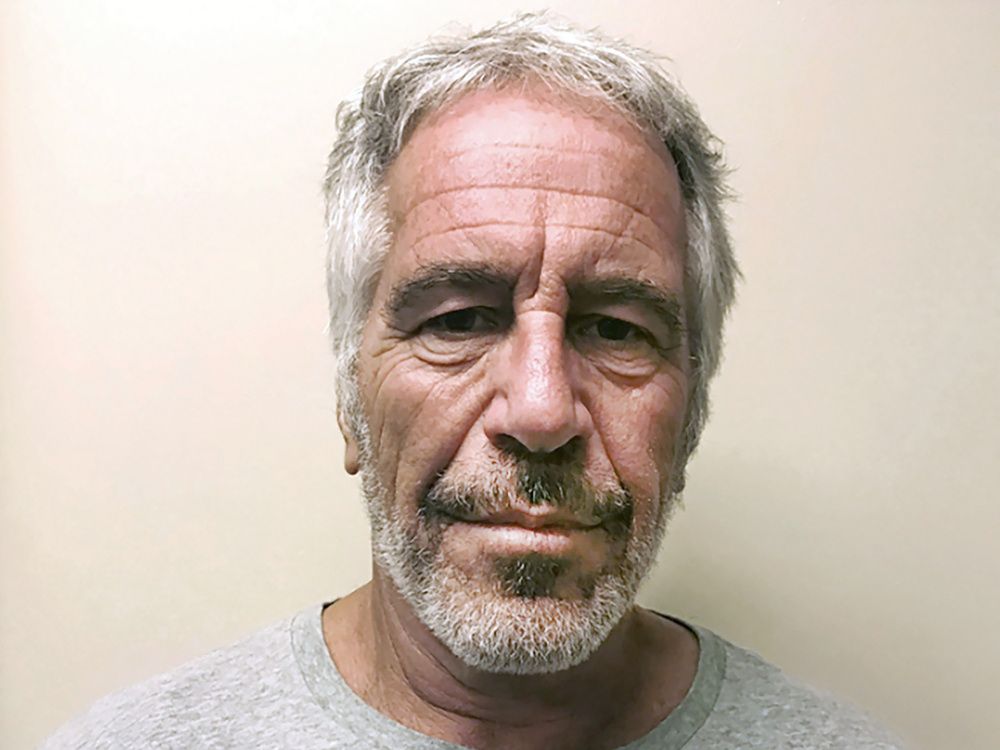Jeffrey Epstein, a financier and convicted sex offender awaiting trial on federal sex trafficking charges, died by suicide on August 10, 2019, in a Manhattan jail under questionable circumstances involving security lapses and malfunctioning cameras. Despite official investigations by the Justice Department and FBI concluding no evidence of a broader criminal conspiracy or involvement of high-profile associates, Epstein’s death has continued to fuel widespread conspiracy theories and public mistrust regarding the true nature of his connections to powerful individuals and the events surrounding his demise.
Investigation Findings on Epstein’s Death
Following Jeffrey Epstein’s death, both the United States Department of Justice (DOJ) and the Federal Bureau of Investigation (FBI) conducted thorough investigations into the circumstances leading to his suicide. The official reports determined that Epstein died by hanging and found no credible evidence to support claims of foul play or a larger conspiracy involving other individuals. The investigations highlighted significant procedural failures, including missed checks by jail personnel and non-operational surveillance cameras within the Metropolitan Correctional Center (MCC) at the time of his death.
Security Lapses and Jail Conditions
The Metropolitan Correctional Center faced scrutiny for numerous security breaches on the night of Epstein’s death. Notably, two correctional officers assigned to monitor Epstein were accused of falsifying records to cover up their failure to perform regular inmate checks. Additionally, a malfunction in some of the facility’s surveillance cameras prevented a complete review of footage that might have provided further clarity. Despite these lapses, authorities maintain that there was no conclusive indication of intentional tampering or interference by external parties.
Public and Media Reaction
Epstein’s death triggered significant public and media attention given his associations with prominent figures and the gravity of the charges he faced. Many critics expressed skepticism about the official accounts, fueling a variety of conspiracy theories suggesting that Epstein’s death might have been orchestrated to prevent further incrimination of powerful individuals. While such theories persist in popular discourse, these claims remain unsubstantiated and lack supporting evidence from the formal investigations.
Impact on Legal Proceedings and Victims
Epstein’s death effectively terminated the ongoing federal sex trafficking case against him, disrupting the legal process and prompting renewed focus on the victims’ pursuit of justice. Subsequent civil lawsuits and investigations have sought to hold Epstein’s associates and estate accountable. The case highlights ongoing challenges within the criminal justice system, particularly regarding the protection and rights of victims of sexual exploitation.
Conclusion
Despite widespread speculation, official inquiries by the DOJ and FBI conclude that Jeffrey Epstein’s death was a suicide, with no evidence to substantiate conspiracy allegations. Security failures at the MCC have been acknowledged and addressed to prevent similar incidents in the future. The circumstances surrounding Epstein’s case continue to influence discussions about accountability, transparency, and trust within legal and correctional institutions.
Jeffrey Epstein’s death remains a defining and controversial event, marked by confirmed procedural shortcomings and ongoing public scrutiny. Although the formal investigations by the Justice Department and FBI have determined his death to be a suicide without evidence of broader conspiracies, the incident has exposed critical vulnerabilities in the correctional system’s management and oversight. The fallout from Epstein’s demise continues to impact legal processes and raises important questions about safeguarding victims’ rights, institutional accountability, and fostering public confidence in justice administration. Moving forward, efforts to enhance institutional transparency and prevent recurrence of such failures are essential to restore trust and uphold the rule of law.

